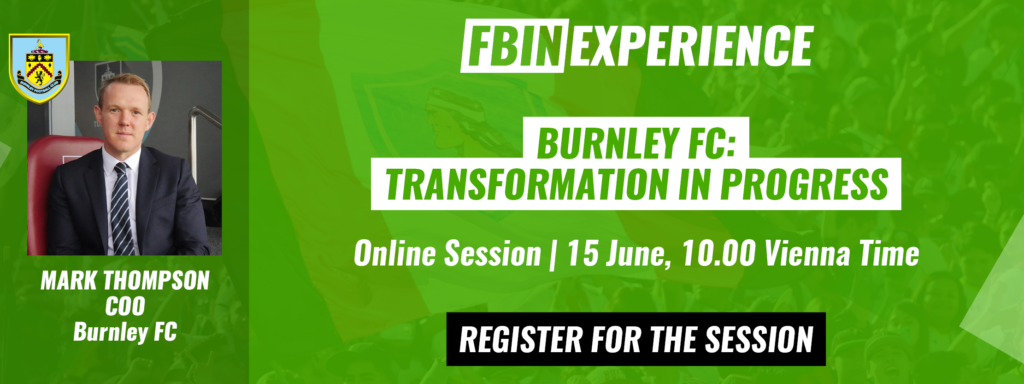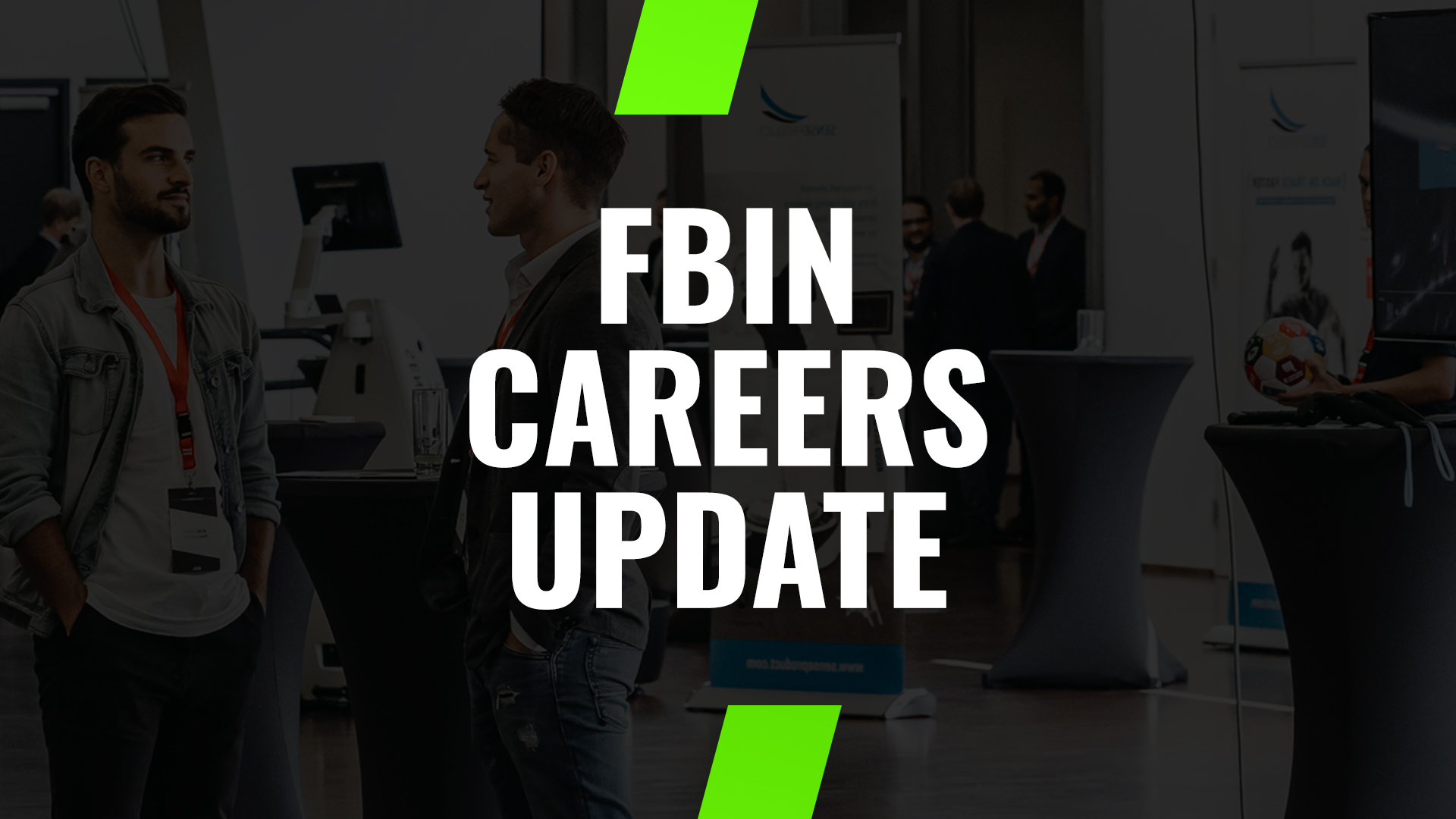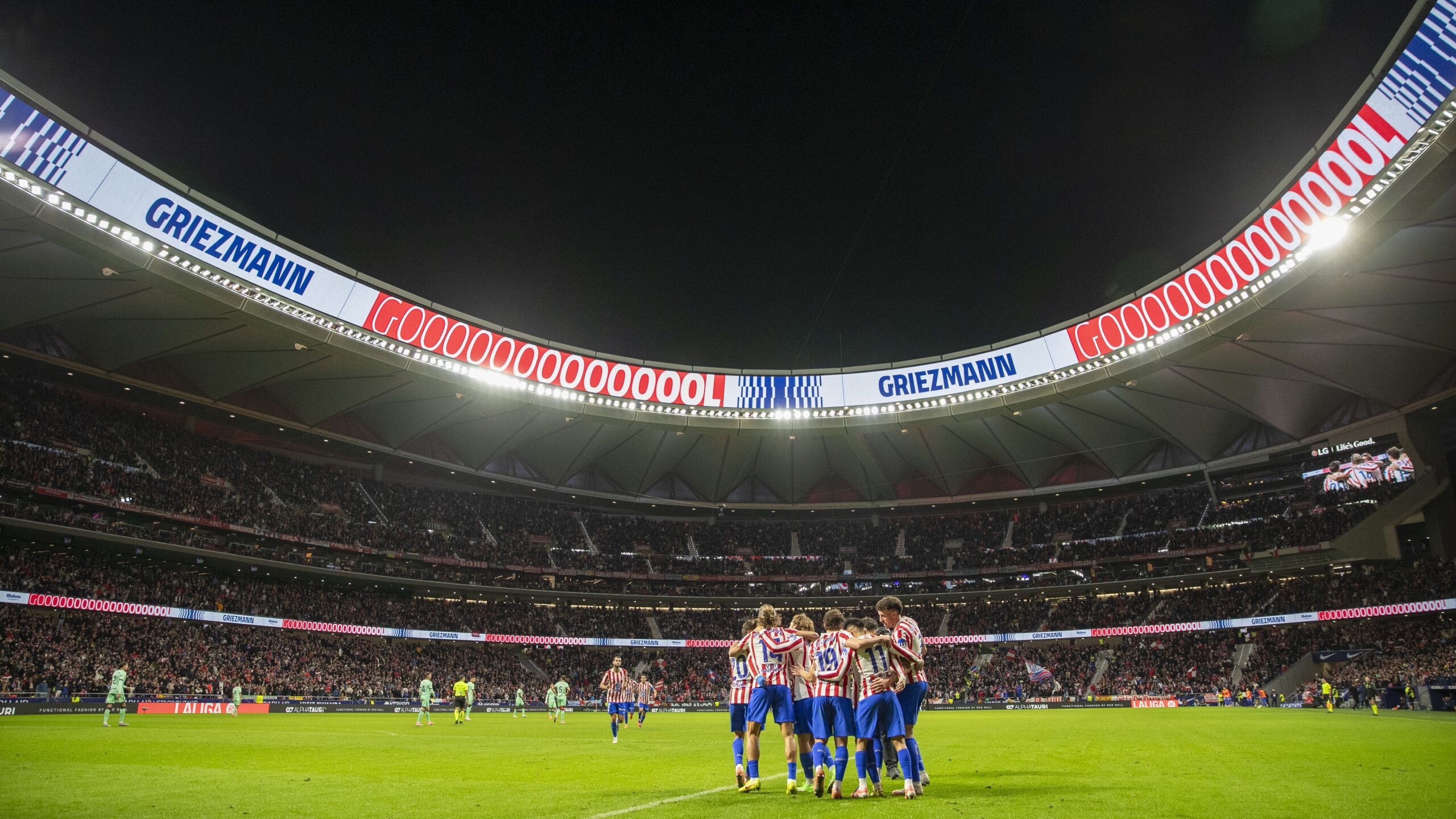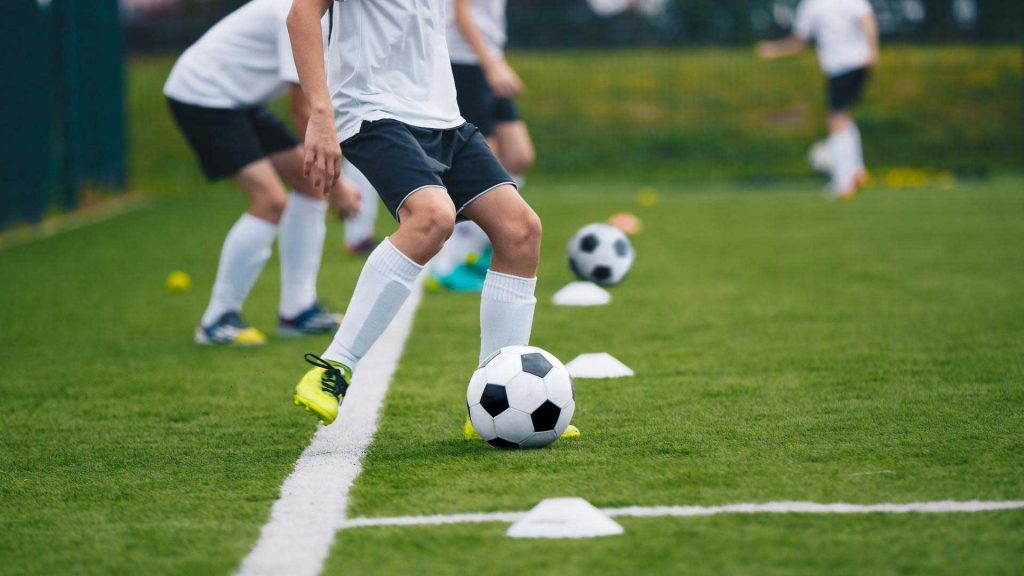As the world is buzzing about ChatGPT and the limitless possibilities of AI technology, we had a chance to do an episode about AI applications in the football business industry. We are thrilled to be joined by two industry experts, Luis Viveiros, COO at Horizm, a member of the FBIN Business Network, and Xavier Green, CTO at ScorePlay. Throughout this episode, we will explore various aspects of AI’s impact on the football industry, including:
- The most significant AI applications in football business
- Key challenges and opportunities in adopting and implementing AI technology
- The necessary skill set and mentality for leaders and teams
- A glimpse into the future
In keeping with the spirit of this episode’s topic, we’ve asked ChatGPT to prepare the first three questions for our guests:
ChatGPT’s question 1: How has AI changed the football business landscape in recent years, and what is its impact on the industry?
Luis: I’m not sure I can compete with ChatGPT, but let’s talk about AI. It’s a very broad term, encompassing many different components and areas of use. From simple machine learning to natural language processing, AI has immense potential to impact various industries. For example, companies are focusing on AI to reduce injuries in sports like football. This technology can be used in scouting, refereeing, and other components of the game. On the commercial side, AI can facilitate ease of usage and reduce manual work. In the last few years, the adoption of new technologies from sports tech companies like Horizm, ScorePlay, and others has accelerated. I believe this is just the beginning of the impact that AI will have on various industries, including football
Xavier: One interesting aspect of AI in football is that, before you can properly apply AI, you need a solid infrastructure. We’ve seen this in ticketing and media, where AI can make optimizations more possible. However, it first requires a core infrastructure, including data processing and storage, a tech provider, and the cloud for global fan bases. Old-school football clubs that managed everything internally are now moving their data to the cloud and partnering with tech providers like AWS or Azure. In my opinion, building a proper infrastructure is the first step toward utilizing AI effectively.
ChatGPT’s question 2: What are some key AI applications used in the football business (non-sport) and how do they benefit clubs?
Luis: AI automation can help clubs free up time not only to focus on other teams, such as women’s or youth teams but also to empower understaffed commercial teams. Having worked in various industries before, it has become apparent to me that even the biggest clubs often have relatively small commercial, insights, and social media teams. This is particularly true for non-tier one clubs. However, tools like Horizm, which specialize in content aggregation and valuation, can make a significant difference in terms of freeing up people’s time to execute their commercial activities effectively
Xavier: On the commercial and media side of things, you have to deal with hundreds of hours of media ingestion per week when you factor in the main pro team, the female teams, and the academy teams. Classic business teams with only five to ten people cannot be expected to manage and extract the full potential of this. The activities of a football club are huge, and it is important to take advantage of all revenue opportunities, including broadcasts. However, small teams compared to the size of their brand make it challenging to deal with all these elements. That is why I believe AI can be incredibly helpful. It won’t replace internal teams, but it can assist in key areas like ticketing and media monetization. Moreover, with fewer people watching live content on TV, we need to provide fans with new experiences. The metaverse, OTT channels, and other options are on the horizon, but pricing has to be just right. AI can streamline this complicated model and help sell better products to fans. When we think about football clubs as a brand, their impact and potential are enormous, especially considering their international and multi-time zone reach with millions of potential fans.
ChatGPT’s question 3: What are the biggest challenges for clubs to adopt and implement AI technology?
Luis: As for the challenges of clubs adopting AI technology, I believe it comes down to the typical hurdles of adopting new technologies. Firstly, it’s essential to have (1) internal knowledge of what these technologies can provide and the right people who can work with and understand them. Secondly, clients express excitement about platforms, but they have no time to engage with them due to (2) day-to-day business pressure. We help them find the time and solve their problems. Thirdly, another challenge that I have observed from a provider standpoint is becoming too enamored with the technology itself and (3) failing to completely explain the benefits for the client. Overall, I think the main challenges are around time and skills, but they will be overcome over time. It’s just the natural curve of adopting new technologies and new things.
“Football clubs, for example, may not be interested in the technology itself but in the pain point it solves”
– Luis Viveiros
Xavier: For me, the most critical challenge is that many large organizations and brands still (4) rely on old-school technology. If we want to unlock the full potential of AI, we need to build a proper tech infrastructure. For example, while Google Drive may be a useful tool, it was not designed to handle the advanced capabilities of AI. It’s also important to recognize that (5) AI cannot solve everything. While it can help automate certain processes, we should not expect it to be a magical solution to all our problems. Though I am a big advocate of AI and its potential, we need to be careful not to overhype it or assume it can solve everything. We need to view AI as one component of a larger product or objective, rather than a standalone solution.
“We need to view AI as one component of a larger product or objective, rather than a standalone solution.”
– Xavier Green
What kind of skill set and mentality that football organizations should prepare for their leaders and team?
Luis: I understand the fear of AI replacing human jobs, but we can’t stop tech innovation based on that fear. That has never worked in history. It’s important to be open to change and understand the role and benefits of technology, rather than resisting it because of a fear of job loss. In the football industry, which is a very traditional industry, it’s important to break away from traditional ways of working and be open to new possibilities. Embracing new technologies can help us do things better and improve our businesses. As a leader, the most important skill and mindset is to take a step back and consider how technology can truly benefit your organization, rather than just looking for quick monetization. If we don’t stay open and adaptive to change, we risk being overtaken by others who do.
Xavier: I think for AI and any other new technologies, change is inevitable, so it’s better to adapt to it instead of fighting it. I recently saw a great example of this in skiing. The Freeride World Tour, a smaller and younger ski competition, utilized the best tech tools they had at their disposal to make their competition grand and huge. Eventually, they were bought by the International Ski Federation, and now they’re helping the mother organization understand how to adapt and use the latest tech. It’s a similar story to football. So it’s just there’ll be a natural flow, but it’s a new mentality. It requires a tech infrastructure. It requires you to understand from a tech, or a legal standpoint, what you can and cannot do with data and how far you’re willing to go. And we’re seeing this trend in pro sports and I think that’s a great thing.

How will AI technology impact the football industry in the next 5-10 years?
Luis: We’re just at the beginning of this wave of technology. I agree with Xavier that having the right infrastructure is key, both in terms of the technology infrastructure and the skill set of the team. While it’s hard to say exactly what things will look like in five years, I do think that everything will become more automated. The content creation process, from classification to posting, will become streamlined and very automated with minimal manual effort. This won’t replace people, but it will automate certain parts of the industry. Even in the selling of media sponsorship, things will become more automated and flexible. In the past, it was more about selling big sponsorship packages. While that will continue to exist, there will be a world of much more flexibility in terms of buying and selling different assets, similar to what happens in other types of media.
Xavier: Even working in tech and AI, I wouldn’t dare say what the landscape will look like in five years. If you ask our grandparents if they thought people would stop watching live games on TV and clubs would monetize through social media, they wouldn’t believe it.
AI will help with global reach and streamline processes. It will deliver relevant content to fans, partners, and broadcasters. It will have a far-reaching impact on day-to-day operations. In five years, all organizations will be digital teams. There will be digital native organizations, which might sound crazy, and we’ll have the AI layer on top to help with manual and repetitive tasks.


 Upgrade to Premium Now
Upgrade to Premium Now






